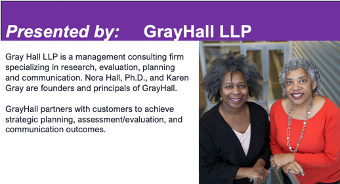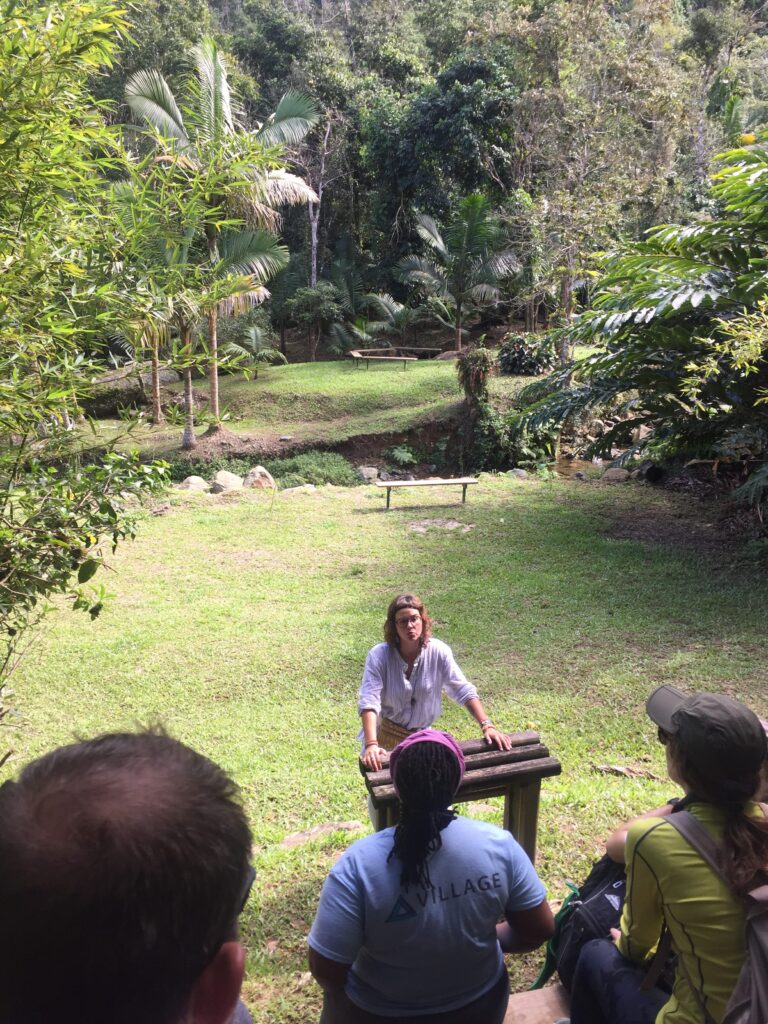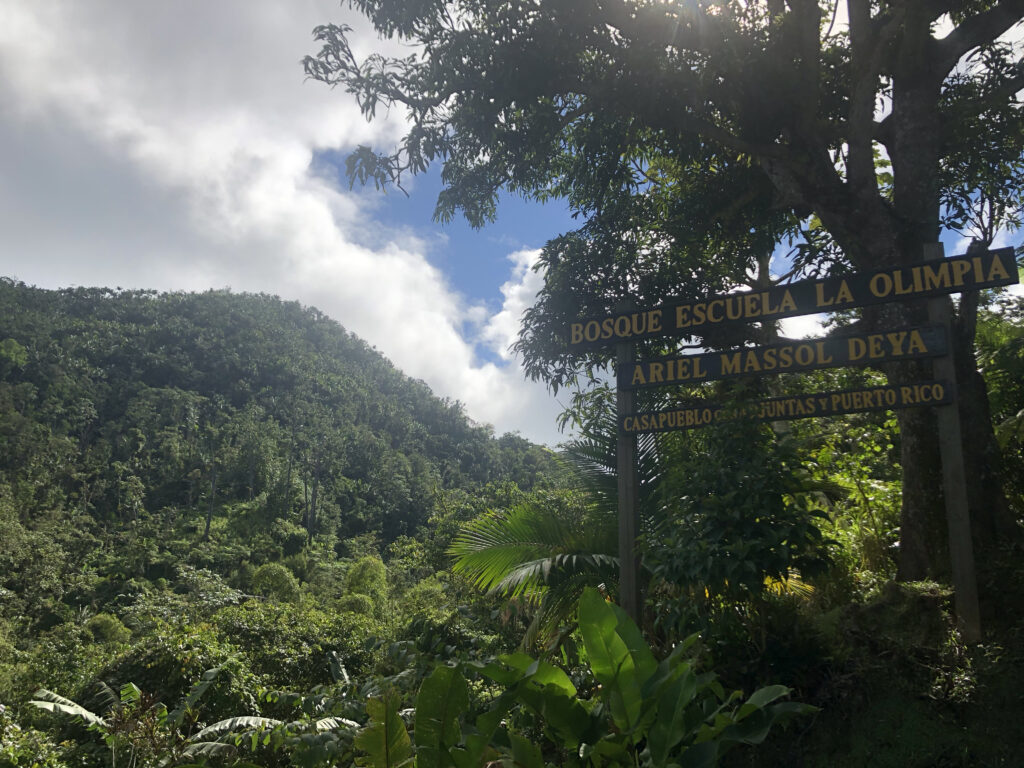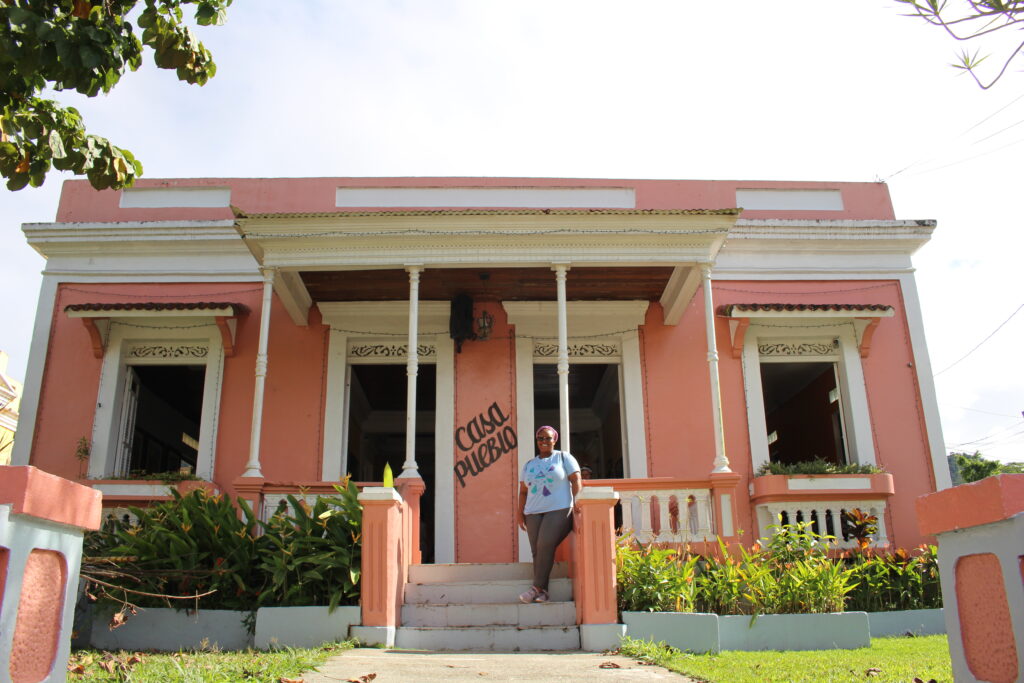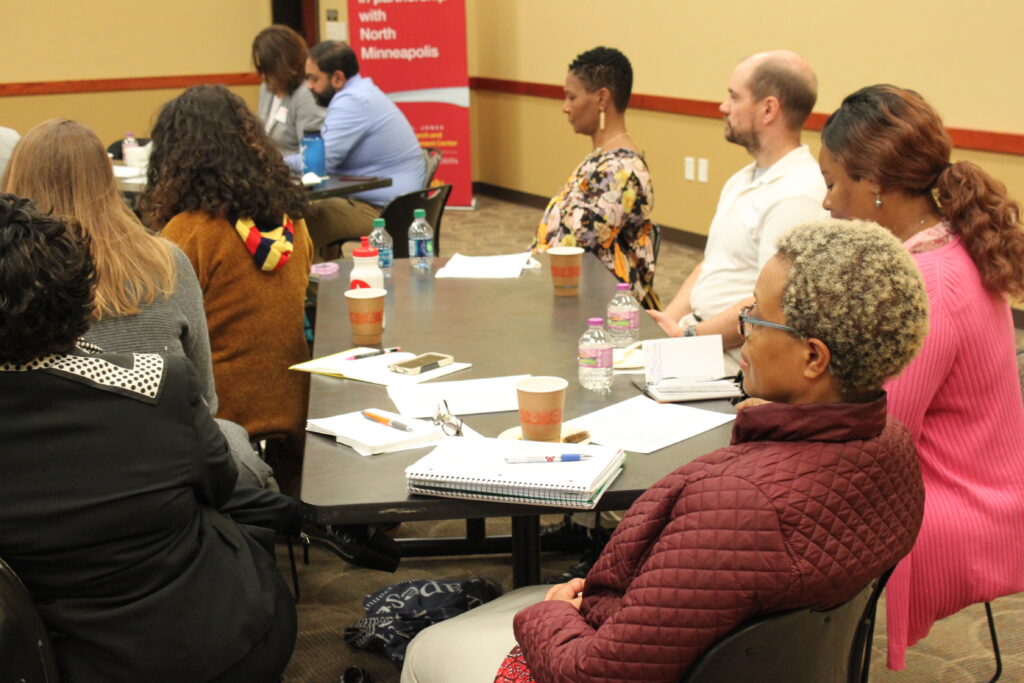We invite you to learn alongside grassroots community leaders, funders, leadership practioners and intermediary organizations as we explore the many ways we practice community leadership. Learning opportunities include virtual gatherings and in-person site visits.
In case you missed the Community Leadership Learning Initiative launch session last week, you can listen to the meeting recording here.
We welcome everyone interested in community leadership to register for our upcoming virtual gatherings:
Framing Leadership: Community Ownership & Authorship
- Apr 20, 2020 01:00 – 2:30 PM Central Time (US and Canada)
- Register for the April 20th meeting here.
Making Change: Discovering & Disrupting the Story of Us
- Jun 3, 2020 09:30 AM Central Time (US and Canada)
- Register for the June 3rd meeting here.
In addition to these virtual gatherings, we offer intentionally small-group settings for in-person, onsite learning co-hosted by community storytelling partners. Learners must apply and seats are limited. Early application is encouraged.
May 6, Boston MA—Unique Perspectives & Shared Power: Leadership as Solidarity
- Integrating convivir to re-establish intergenerational and cross-cultural responsibility
- Intentional code-switching to break silos and share power
- Enhance skills for telling and interpreting messages across context/culture
June 24-25, Washington DC—Identity & Intersectionality: Leadership & Belonging*
- Claiming LGBTQ identity and stories of belonging in multiple communities
- Core practices of healing internalized oppression and resilience
- Creating intentional community spaces to disrupt traumatic response behaviors
July 29, Buffalo NY—Recentering Culture: Celebrating & Shifting Norms
- Combatting stereotypes that assume healthy, sustainable food is for affluent, white consumers
- Highlighting core relationships between food, culture, environment and economy
- Creating collective systems that reflect community values, history and experiences
Sept 24-25, Baton Rouge LA—Inverting Power Structures: Leadership as Movement
- Creating fluid processes to collectively activate wisdom from those most impacted
- Defying false boundaries between public and private, formal and informal
- Leaning into a new leadership paradigm
*PLEASE NOTE: THE SITE VISIT DATE FOR WASHINGTON DC WAS CHANGED TO JUNE 24-25TH.
And don’t forget to save the date for our final Storyshare Convening, November 11-13th!
ABOUT THE COMMUNITY LEADERSHIP LEARNING INITIATIVE
Nexus Community Partners supports strong, equitable and just communities in which all residents are engaged, are recognized as leaders and have pathways to opportunities. With support from the Robert Wood Johnson Foundation, we created the Community Leadership Learning Initiative to deepen our collective understanding of community-driven leadership, while raising the visibility and demonstrating the value of this powerful work to the field of philanthropy and the broader ecosystem of leadership and community development.
We will convene three virtual gatherings for stakeholders across the country who are interested in exploring community leadership practices. We also offer opportunities, co-hosted by grassroots community partners, to experience community leadership in context.
Through this learning journey, we hope to identify and co-create:
- Shared narratives and a framework for supporting community-driven leadership, offering people in different sectors and cultural communities new ways to talk about community leadership
- Tools to help people think and act differently in support of community-driven leadership
- Opportunities for resources to flow to communities more effectively
- Shifts in systems so that institutions are internally organized and operating with community leadership at the center
- Shifts in practice so that people own their roles and act with agency to effect change as part of the community
BONUS GATHERING!
As a Leadership for Better Health initiative funded by Robert Wood Johnson Foundation, we will be hosting a virtual convening for funders to better understand our relationship and role in supporting community leadership. (Funders only, please.)
Community Leadership Learning Initiative – Funder Convening
Mar 26, 2020 01:30 – 3:00 PM Central Time
Register for this funder convening here.


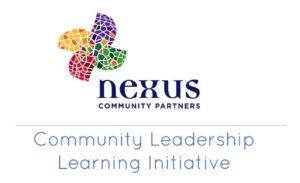 The Community Leadership Learning Initiative (CLLI) goal is to deepen our collective understanding of community-driven leadership. We want to raise the visibility of community leadership to philanthropy and the broader ecosystem of leadership and community development.
The Community Leadership Learning Initiative (CLLI) goal is to deepen our collective understanding of community-driven leadership. We want to raise the visibility of community leadership to philanthropy and the broader ecosystem of leadership and community development.